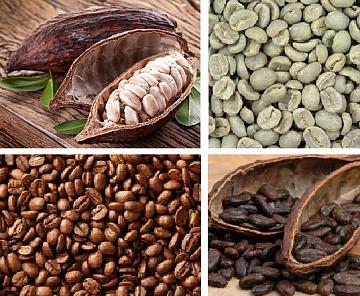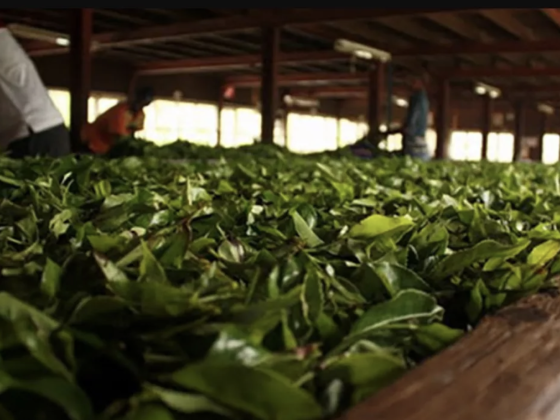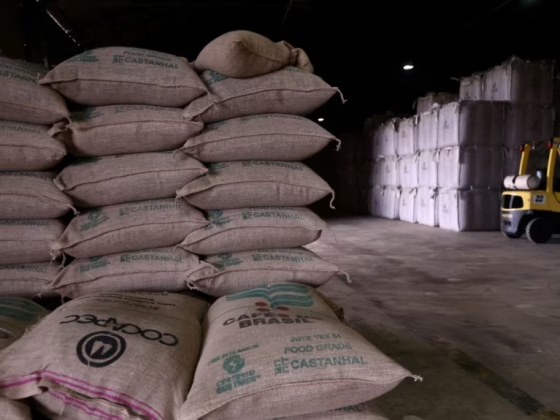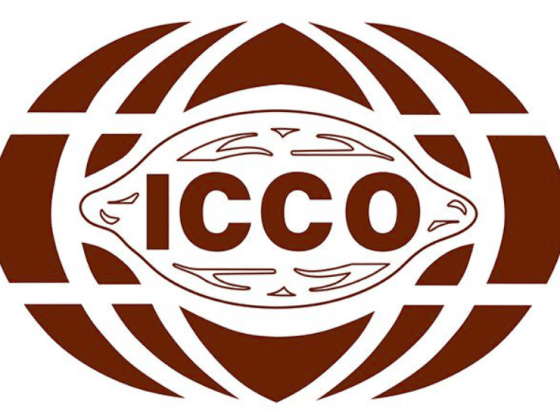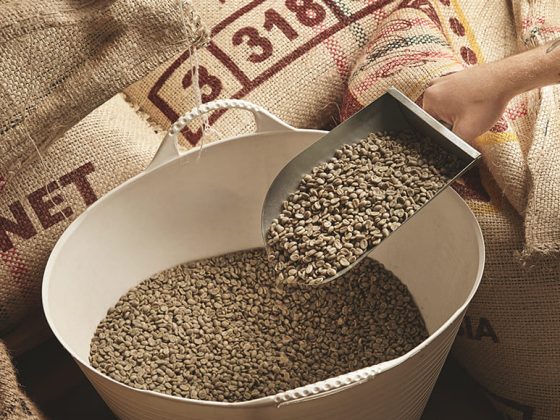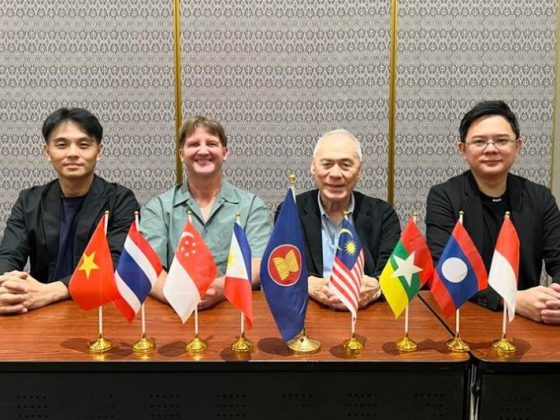McDonald’s Corp. (MCD) will invest $6.5 million over five years to help about 13,000 coffee growers in Guatemala produce more high-grade beans from sustainable farms as demand grows.
The investment will help secure supplies of arabica beans, which the company uses in a premium-roast coffee business that has doubled in sales since 2006, Oak Brook, Illinois-based McDonald’s said today in an e-mailed statement. Farmers will be trained on certified growing methods that boost yields and incomes while preserving land and the environment. Guatemala is one of four McDonald’s suppliers in Central America.
Hot and cold coffee represents about 7 percent of U.S. sales, Sara Senatore, a senior restaurant analyst with Sanford C. Bernstein & Co. in New York, said in an e-mail. The company, which reported U.S. revenue of $8.814 billion last year, switched to a proprietary blend of arabica beans in 2006 and has emerged as a competitor to Starbucks Corp. (SBUX) and Dunkin’ Brands Group Inc. (DNKN)
“Investing in both certification and sustainable agriculture training addresses the immediate need to assist farmers today, expands capacity for greater sustainable coffee production in the future and helps assure our customers we will continue to provide the taste profile they have grown to love and expect from McDonald’s,” Susan Forsell, the vice president of sustainability, said in the statement.
The company, which buys coffee from Colombia, Guatemala, Costa Rica, Nicaragua, El Salvador, Brazil and Sumatra, said it already gets all of its Rainforest Alliance Certified espresso from sustainable farms. The initiative seeks to address root causes of poverty among farming communities by expanding the use of techniques that will promote sustainable, profitable agricultural, McDonald’s said.
Fungal Disease
The program comes at a time when producers in Central America, Peru and Mexico are battling leaf rust, a fungal disease that thrives on higher temperatures and humidity, which is threatening to significantly reduce output across the region.
“We are aware of this issue and continue to work with experts on the ground in Guatemala, alongside our coffee roasters, to understand its impact,” Ofelia Casillas, a company spokeswoman, said in a statement. “One of the primary goals of our technical-assistance program is to increase farmer production. So, we are staying close to it and working with our partners to mitigate.”
Last year, McDonald’s filed a trademark for its name for use on ground and whole bean coffee, according to a filing from the U.S. Patent and Trademark Office website.
“There are no immediate plans in the U.S. to launch packaged coffee,” Casillas said.
Source: bloomberg.com/news/2013-03-04/mcdonald-s-invests-6-5-million-in-sustainable-guatemala-coffee.html


